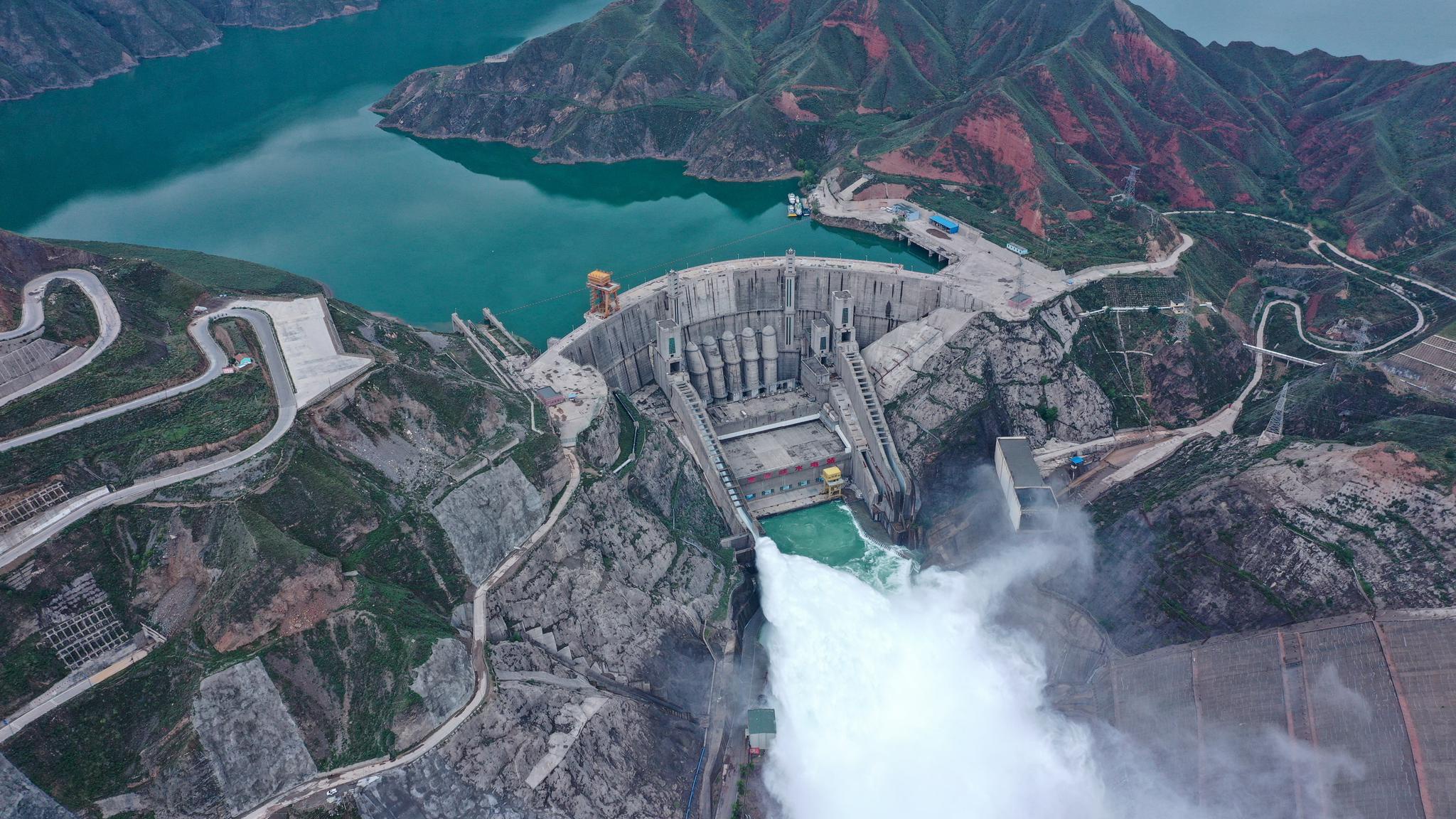The law would allow the government to bring the hydroelectric units into compliance with European law, but must first go through a public consultation and a parliamentary vote.
France has considered reforming the regulations concerning its hydroelectric units for several years, as Brussels has repeatedly said additional capacity should be conditional on competitive tenders to bring in new participants.
The government and state-owned EDF , which owns most of the hydro production, say until now EDF has been unable to carry out substantial modifications and improvements to its dams and hydraulic structures. EDF says it could develop several gigawatts (GW) of additional capacity.
A source from the energy minister's office, speaking on condition of anonymity, said there were legal questions to deal with, but that talks with Brussels had revealed "a common wish" to resolve the dispute that has prevented investment in hydro generation for 15 years.
The source said the bill would allow the government to reform the legal framework in order to enable EDF to invest more without having to open dams to competition.
The French energy sovereignty bill also plans to maintain the country's nuclear capabilities and cover the expansion of the next generation EPR2 nuclear programme.
In addition, it seeks to implement the new regulation on the electricity market from Jan. 1, 2026 that was agreed on in November.
The text also sets greenhouse gas emissions objectives for the country at 50% by 2030 compared to 1990 levels, while aiming to reduce primary consumption from fossil fuels by 50% compared to 2012 levels, and by 65% in 2035.
